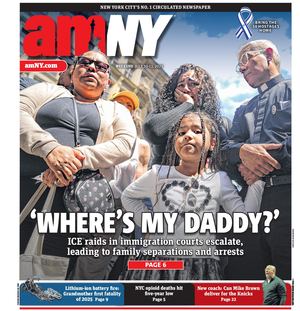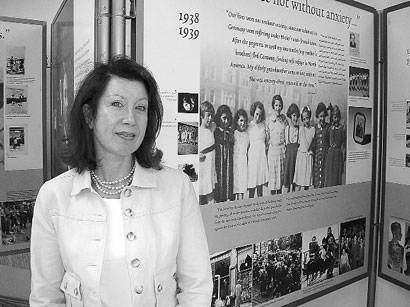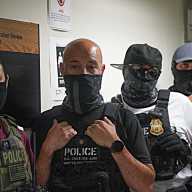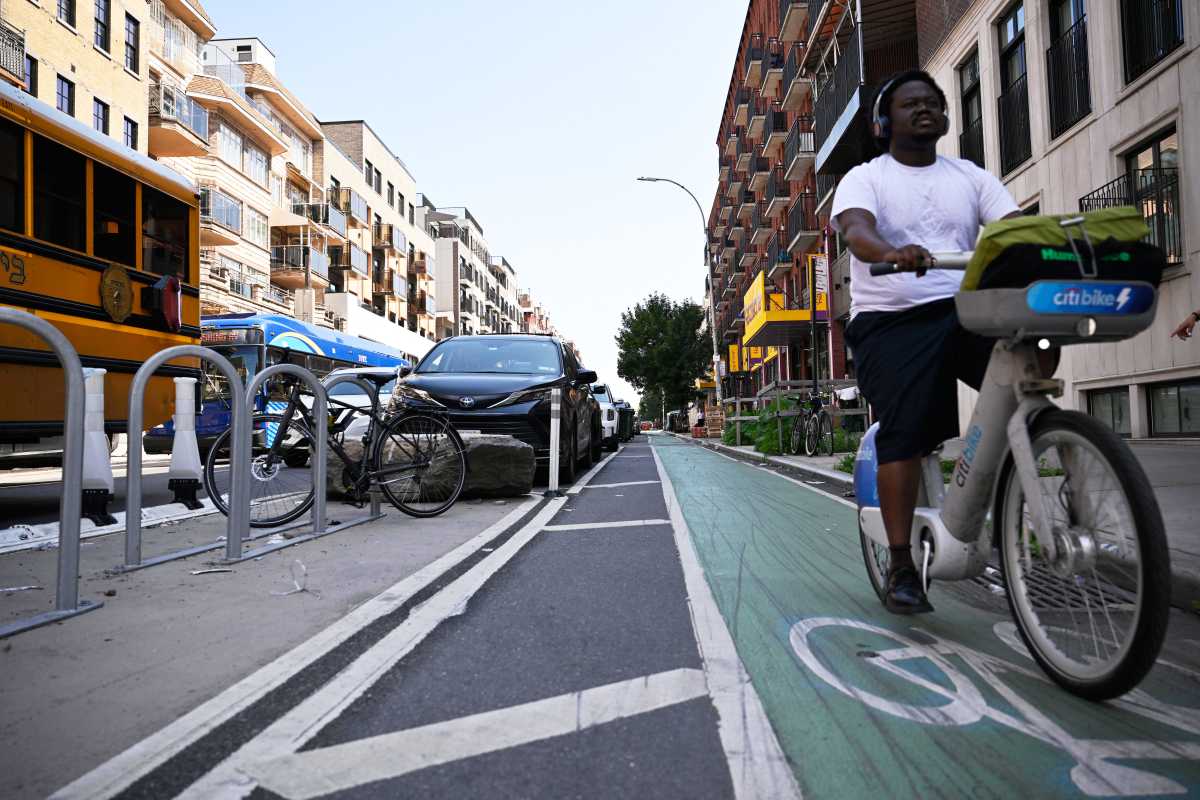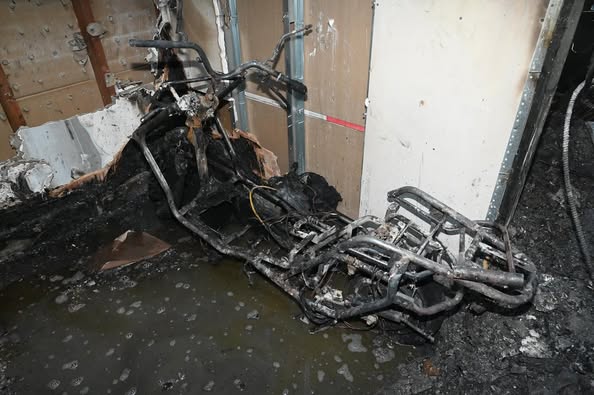By Bonnie Rosenstock
In this year of landmark commemorations and remembrances — the 100th anniversary of the General Slocum tragedy, the third anniversary of Sept. 11 — Anne Frank’s 75th birthday on June 12.
Since its publication in 1947, “The Diary of Anne Frank” has been translated into more than 67 languages and has sold more than 31 million copies worldwide, making it, according to Elisabeth R. Feerick, executive director of The Anne Frank Center U.S.A., “the second most read book after the Bible.”
Anne Frank’s story resonates with teens, explains Feerick. “Her diary didn’t just speak of confinement and persecution. She had questions about sexuality, relationships. She had great ambition. She was a very talented writer. We want to bring her to life so that teenagers know her as a peer, and then asking the question, ‘Why wasn’t she allowed to live?’”
The A.F.C.-U.S.A., the sole Anne Frank Center in America (there are four in Europe), was founded in New York in 1977, but did not have an educational exhibit office until 1985. Its fourth and present location is at 38 Crosby St. in a noisy, industrial Soho neighborhood. There, on the fifth floor, the modest exhibit space in the rear of the five-person office projects Frank’s life against the history of her time through a series of panels of photographs, graphics and “a lot of text,” says Feerick.
Also on display is a large floor model of the house at 263 Prinsengracht St. in Amsterdam, where the German-Jewish Frank family and four others were hidden in the secret annex above Otto Frank’s office for 25 months, from 1942 to 1944.
While the horrors of the Holocaust are inextricably intertwined with Anne Frank’s life and ultimate death from typhus at the age of 15 in Bergen-Belsen in 1945, the center’s main purpose is to serve as a human-rights organization rather than a Holocaust educational facility, stresses Feerick. Young people especially need to know the causes and consequences of hate and how far astray it can lead us. Not only did good people stand by and do nothing, but also governments did nothing.
Feerick, who is Dutch, but has lived here for about 20 years, is no stranger to the vicissitudes of war. Her parents, who were living in Indonesia, then a Dutch colony, at the outbreak of World War II, were interned in Japanese labor camps in Burma and Java. Feerick was born in Indonesia after the war. She and her family left when she was 10 at the height of Indonesia’s war for independence. “That generation had so much resilience,” said the soft-spoken Feerick, who bears only a slight trace of a Dutch accent.
The A.F.C.-U.S.A., which covers the United States, Canada, Mexico and several Caribbean islands, has eight or nine museum-quality traveling exhibitions that feature Frank family photos, copies of historical documents, descriptive text and excerpts from the diary.
Since 1996, the center has hosted “The Spirit of Anne Frank” awards on or around her birthday. This national awards program recognizes middle and high school students, educators and private citizens (about three recipients in each category) for initiating or promoting human rights and social justice in their communities or schools. Previous honorees have included students who raised humanitarian support for Bosnia; educators who initiated programs to prevent violence and hate; and one citizen who helped break down barriers and overturn misconceptions about children with handicaps and disabilities. Nominations and applications are available on the Web site, www.annefrank.com.
To celebrate Anne Frank’s jubilee year, the center recently presented “Anne Frank: A Private Photo Album,” at the Kraushaar Galleries on E. 57th St., a world premiere exhibition of photographs taken by Otto Frank of his daughters, Anne and Margot, from the comprehensive permanent collection of the Anne Frank House in Amsterdam. “It really gives us an intimate look into the Frank family,” says Feerick.
The center is currently working on another special event for Anne Frank’s birthday with respect to human rights, perhaps in March 2005. They also hope to launch a film and lecture evening once a year in the fall.
Says Feerick, “One of her exclamations in her diary is, ‘If God lets me live, I will work for humankind. I want to do good in this world, and I want to write.’ She could never have dreamed of this kind of reach.”
The Anne Frank Center, 38 Crosby St., between Broome and Grand Sts., 5th floor, New York, NY 10013. Hours: Mon. to Thurs., 9:30 a.m. to 5:30 p.m., and Fri., 9:30 a.m. to 4 p.m. For more information, call 212-431-7933 or go to www.annefrank.com.
WWW Downtown Express
Read More: https://www.amny.com/news/bars-clubs-41/
